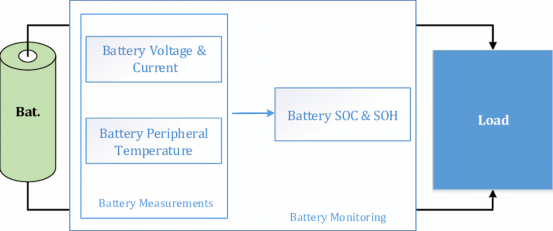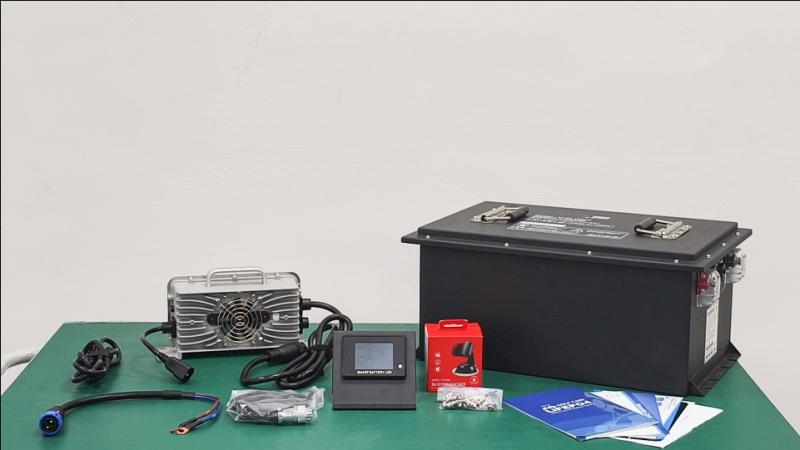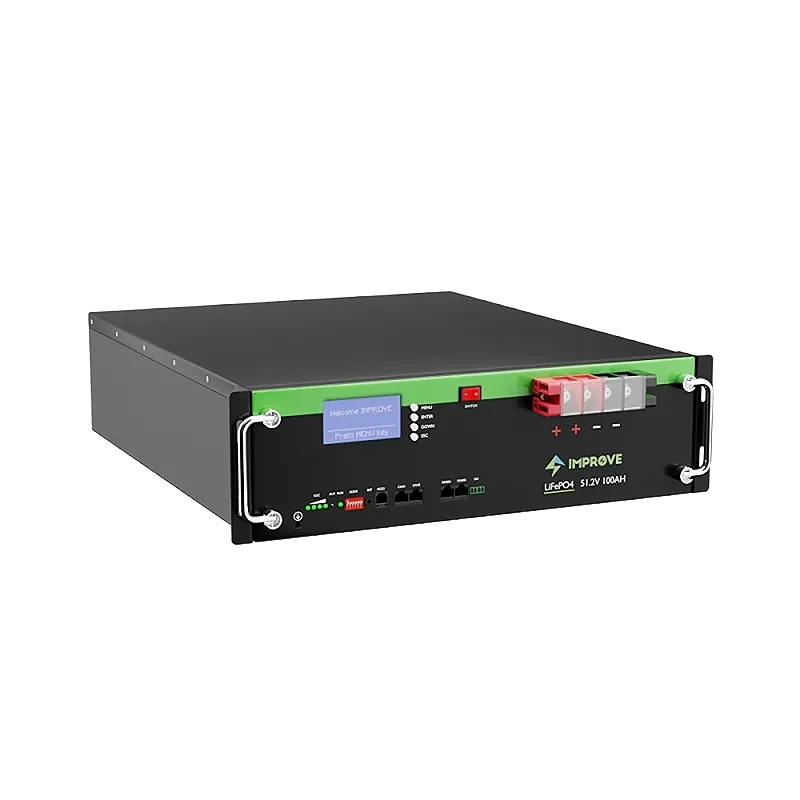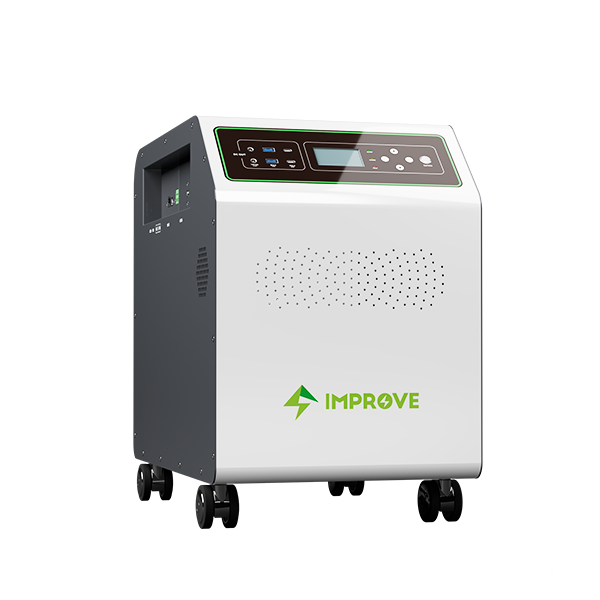A Lithium ion polymer Battery Management System (BMS) is an essential component in lithium-ion (Li-ion) and lithium-polymer (LiPo) battery packs. Its primary purpose is to monitor and manage the performance, safety, and longevity of the battery pack. Here are some key functions and components of a typical lithium battery management system:

1.Cell Monitoring: The BMS monitors the voltage and temperature of individual battery cells within the pack. This is crucial because if any cell's voltage drops too low or rises too high, it can lead to cell damage or even thermal runaway.
2.Balancing: To ensure that all cells in a multi-cell battery pack remain at a similar state of charge, the BMS can control the flow of energy between cells. This process is called balancing and helps prevent overcharging or overdischarging of individual cells.
3.State of Charge (SoC) and State of Health (SoH) Estimation: The BMS calculates the battery's State of Charge, which indicates how much energy is left in the battery, and the State of Health, which assesses the battery's overall health and capacity.

4.Protection: The BMS of lithium battery provides protection features such as overvoltage protection, undervoltage protection, overcurrent protection, and overtemperature protection. These safeguards help prevent dangerous conditions that can lead to fires, explosions, or damage to the battery.
5.Communication Interface: Many LiFePO4 battery BMS units are equipped with communication interfaces like CAN (Controller Area Network) or UART (Universal Asynchronous Receiver-Transmitter) to allow the battery pack to communicate with external systems, like the vehicle's controller or a battery management software.
6.Fault Detection and Reporting: LiFePO4 battery BMS units can detect faults or anomalies in the battery pack and report them to the external system for diagnosis and action. This can include detecting cell failures, high resistance connections, or communication errors.
7.Thermal Management: Some advanced LiFePO4 battery BMS systems incorporate thermal management by monitoring and controlling the temperature of the battery pack. This can include activating cooling fans or heaters to maintain the battery within a safe temperature range.
8.Cell Balancing: To ensure that all lithium battery cells in a multi-cell battery pack remain at a similar state of charge, the BMS can control the flow of energy between cells. This process is called balancing and helps prevent overcharging or overdischarging of individual cells.
9.Data Logging: Many lithium battery BMS units can log data about the battery's performance, including voltage, current, temperature, and cell balancing. This data can be useful for troubleshooting, performance analysis, and optimizing battery usage.
10.Safety Shutdown: In extreme conditions where the battery may be at risk of thermal runaway or other hazardous situations, the lithium battery BMS can initiate a safety shutdown to disconnect the battery from the load.
Overall, a Lithium Battery Management System is crucial for ensuring the safe and efficient operation of lithium-ion and lithium-polymer battery packs in various applications, including electric vehicles, portable electronics, renewable energy systems, and more. It plays a vital role in maximizing battery life, maintaining safety, and optimizing performance.









